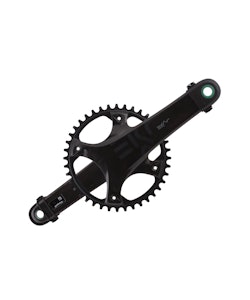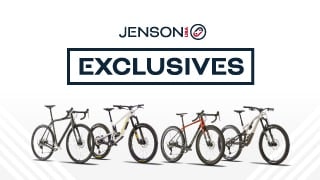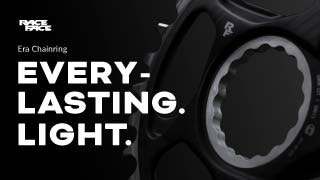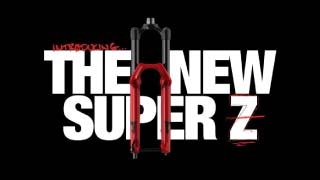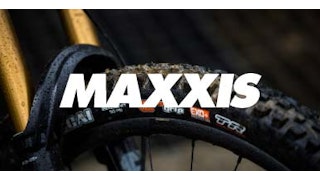Bike Cranksets
The heart of your drivetrain, bike cranksets collectively help convert your pedaling power into the forward propulsion of your bike. The term bike cranksets is actually a catch-all that includes several critical components, including chainring(s), bottom bracket, and cranks.
Your pedals attach to your cranks, which in turn are attached to the bottom bracket axle (also sometimes called the spindle). The chainring (or chainrings) then attach via a spider or direct mount system to your cranks, thus when you push on your pedals, the cranks, chainring(s), and chain all rotate, delivering momentum-creating force to your rear wheel.
Chainrings are machined wheels of metal with evenly-spaced teeth around the outer edge to engage your chain. Most modern road bikes are equipped with two chainrings, though triple chainring set-ups are also an option. Today’s mountain bikes mostly use single chainring set-ups, though you still encounter some 2x set-ups.
Chainrings vary in size and shape. Round is standard, but there are also oval options. Tooth shape also varies, with 1x specific chainrings typically utilizing narrow-wide or wave-tooth profiles to enhance chain retention.
Chainring size is indicated by the number of teeth. The standard range is from 26t to 53t. The higher the number of chainring teeth, the harder it is to pedal, but also the faster it will propel your bike down the road or trail.
The two cranks, which are mounted 180-degrees apart, can vary in length, generally ranging from 165mm to 180mm in 2.5mm increments to accommodate different sized riders. The most common lengths are 170mm and 175mm. Most cranks are constructed of carbon fiber or aluminum, though steel and titanium are also sometimes used.
Bottom brackets help connect the cranks and chainring(s) to your bike and allow the cranks to spin freely. There are many bottom bracket types and sizes, including threaded, BB30, PF30, and BB86 just to name a few. Choosing the right bottom bracket and bike cranksets can be a confusing process. So if you have any questions, feel free to call an expert Gear Advisor today at 888-880-3811. They’ll help you navigate this critical component category.


